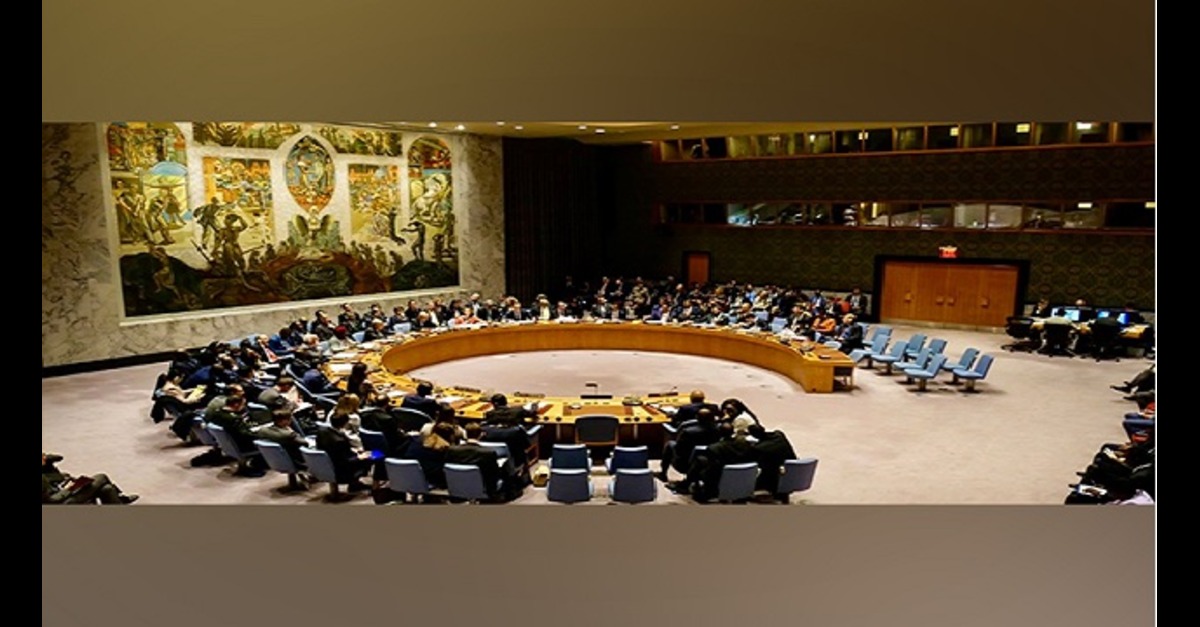Introduction
The April 2025 terror attack in Pahalgam Jammu and Kashmir which claimed 26 lives including Indian and Nepali people was denounced by the UN Security Council. The Council denounced Pakistan’s claims of targeted civilian casualties and a false flag attack. Since the incident which is believed to have been carried out by the terrorist organization Lashkar-e-Taiba (LeT) the debate over state accountability proxy actors and the legal implications of nuclear threats during times of conflict has resurfaced. The tragedy has led to increased focus on international counterterrorism obligations, state responsibility and cross-border terrorism.
Background
Five terrorists targeted unarmed people, primarily Hindus in the Baisaran Valley during the Pahalgam attack, separating and killing those who could not offer Islamic prayers. The fact that a local Muslim guide who tried to intervene was also killed shows how serious the attack was. The attack was initially attributed to a LeT proxy, the Islamic Resistance Front but the group later withdrew the charge. India denounced the incident which sparked a worldwide uproar. As per UNSC Resolution 1267 India immediately accused Pakistani troops of carrying out the attack and claimed that they had broken international law by harboring groups like LeT and aiding terrorism.
Key Points
- The UNSC condemns terror attacks as illegal and unacceptable, independent of motive: Members rejected Pakistan’s allegations and established a precedent of unanimity on the controversial subject. They denounced attacks on tourists on a religious motive as a violation of international human rights treaties such as the ICCPR. Although both Pakistan and Lashkar-e-Taiba were not mentioned, albeit the act was decried by the Council, the language of the statement by commentators is said to be driven by the Council’s geostrategic interests.
- Legal implications of state responsibility and terrorism: International law, in particular Articles 2(4) and 51 of the UN Charter, forbids states from using their territory to facilitate terrorism against others. The accusations against Pakistan raise concerns regarding potential collusion or complicity with non-state actors. If Pakistan were to be held accountable for failing to prevent LeT, it would be in contravention of UNSC resolutions and treaties such as the International Convention for the Suppression of the Financing of Terrorism (1999), which mandate states to prevent their territory from being used to provide finances for terrorist attacks.
- India’s legal and strategic diplomatic maneuvers: India has responded forcefully to the legal and strategic diplomatic moves closing the Wagah border expelling Pakistani ambassadors stopping visa services and delaying important bilateral agreements like the Indus Waters Treaty. These actions are part of a strategy of isolation and diplomatic pressure. Legally speaking, India would use international forums like the UN and the International Court of Justice (ICJ) to argue for improved enforcement against state-sponsored terrorism, particularly referencing the *India v. Pakistan case*(2019), in which the ICJ recognized Pakistan’s violation of international law.
- Rejecting Missile Tests and Rhetoric: Pakistan’s recent missile tests and nuclear developments have escalated tensions and may be in violation of Article 33 of the UN Charter which calls for the peaceful resolution of disputes. In the event that international peace was threatened Chapter VII would be triggered. Reports suggest that the Council called on Islamabad to settle the dispute peacefully according to international norms giving precedence to diplomacy over military means without issuing a formal statement.
Recent Developments
The UNSC reaffirmed their commitment to combating terrorism on April 30 2025 but they did not name them. India’s Permanent Representative claims that the UNSCs ambiguity gives terrorists more confidence. During its private session the UNSC discussed the escalating tensions between India and Pakistan following the Pahalgam incident. There was no official resolution, proclamation or outcome from the conference that Pakistan called. The conference’s lack of a concrete outcome demonstrates how challenging it is to reach a consensus on state-sponsored terrorism. The Kashmir issue was brought up by Pakistan’s Permanent Representative to the UN Asim Iftikhar Ahmad who also charged India with military provocations. Electronic and forensic evidence implicating the attackers and their handlers appears to have been obtained from local investigations on the other side of the border.
Conclusion
The UNSC warning reflects long-standing concerns about counterterrorism around the world. But unless there are steps taken to hold governments accountable for supporting terrorists, condemnation will be ineffective. The Pahalgam incident is a reminder that state-sponsored terrorism must be subject to harsher penalties, enforcement gaps must be closed and response mechanisms must be reformed internationally. The Council addressed religious targeting with concern, rejected Pakistan’s false flag accusations and upheld state accountability and international law requirements. The inability to precisely attribute and enforce international legal measures in geopolitics can be attributed to their failure. Legal avenues and diplomatic pressure must continue to be used by India and other countries to effectively combat state-funded terrorism.
“PRIME LEGAL is a full-service law firm that has won a National Award and has more than 20 years of experience in an array of sectors and practice areas. Prime legal falls into the category of best law firm, best lawyer, best family lawyer, best divorce lawyer, best divorce law firm, best criminal lawyer, best criminal law firm, best consumer lawyer, best civil lawyer.”
WRITTEN BY ADI MEHTA


